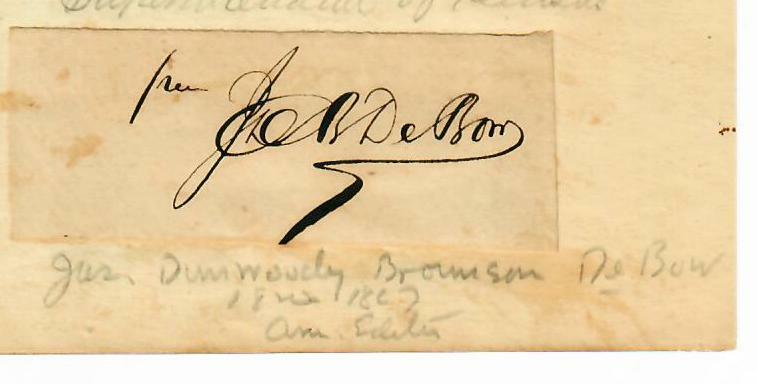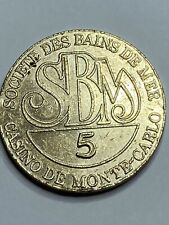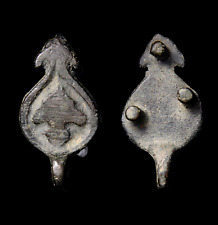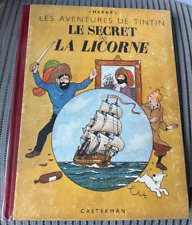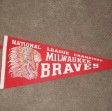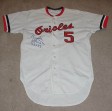When you click on links to various merchants on this site and make a purchase, this can result in this site earning a commission. Affiliate programs and affiliations include, but are not limited to, the eBay Partner Network.
Up for sale a RARE! "De Bow's Review," J. D. B. De Bow Clipped Signature.
20, 1820 – February 27, 1867) was an American publisher and statistician, best known for his influential magazine De Bow's
Review, who also served as superindendant of the U.S. Census from 1853 to 1855.[1] He always spelled "De Bow" as two
words. J.D.B. De Bow was born on July 20, 1820 in Charleston, South Carolina,
the second son of Mary Bridget Norton and Garret De Bow. James' father, Garret,
was born in New York City, New York about 1775 to a Dutch-Huguenot father who
immigrated to the United States at an unknown date. His mother, Mary Bridget,
was born into an elite planter family from South Carolina. Her grandfather was
Capt. John Norton, an early settler on the Carolina Coast. Her father, William,
was a Revolutionary Soldier. A resident of New Orleans,
De Bow used his magazine to advocate the expansion of that the Southern economy could become
independent of the North. He warned
constantly of the South's "colonial"
relationship with the North, one in which the South was at a distinct
disadvantage. De Bow became nationally known for an editorial he penned about
the status of the territory obtained from the Mexican Cession of 1848. He claimed that the federal
Union could collapse once the North's number of representatives exceeded those
of the Southern states in the United
States House of Representatives. Moreover, one additional free state
at the time would have tipped the balance in the United States Senate to
the North, which had the large majority of the population. De Bow hence
proposed a legislative compromise to guarantee Southern rights in a
Northern-majority Union. U.S. Senator Henry Clay of Kentucky took up the cause and cemented together a
five-part Compromise of 1850, which
permitted the admission of California into the Union as a free state. However,
Southerners were given a concession: a stronger Fugitive
Slave Law, contrary to the Constitution. De Bow later
opposed the fugitive slave measure on the grounds that runaway slaves could
likely gain freedom in the North from sympathetic anti-slavery juries for
reasons including that slavery was unconstitutional and/or that no laws
authorized slavery (cf. jury nullification). On
January 2, 1861, De Bow joined fellow Fire-Eater Lieutenant Governor H.
M. Hyams at the Orleans Theatre in
urging immediate Southern secession from the Union. Some of the
speeches were delivered in French because of the Creole members of the
audience. Voters went to the polls five days later to choose delegates to a
state convention to consider secession. The secessionists prevailed by an
eight-to-five margin. Two days after that election, Louisiana proceeded to
seize the federal arsenal at Baton Rouge. Among
authors who contributed to De Bow's Review was the Southern
surgeon and medical writer Samuel A. Cartwright, who
was an authority on the establishment of sanitary conditions and also an
advocate of the pro-slavery argument.


